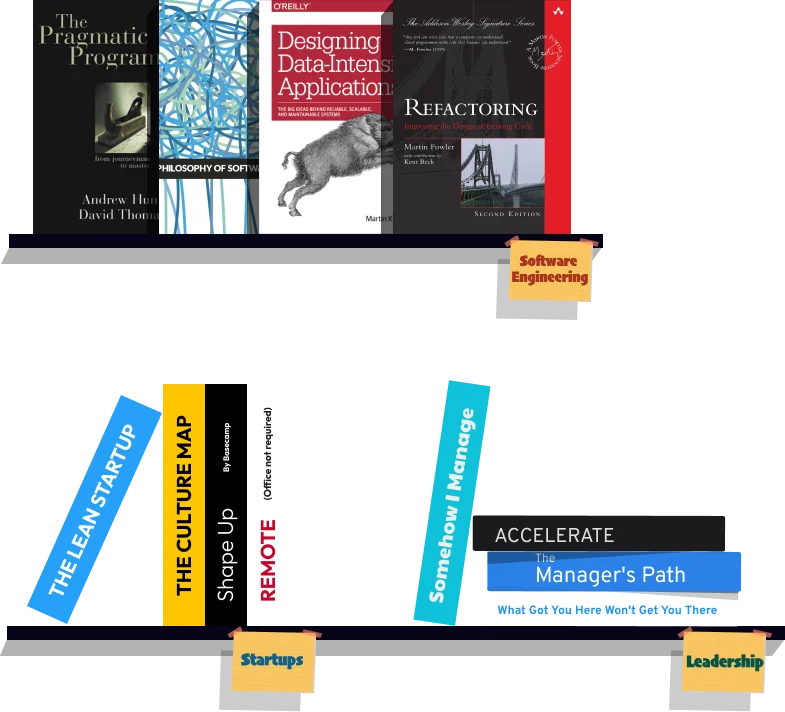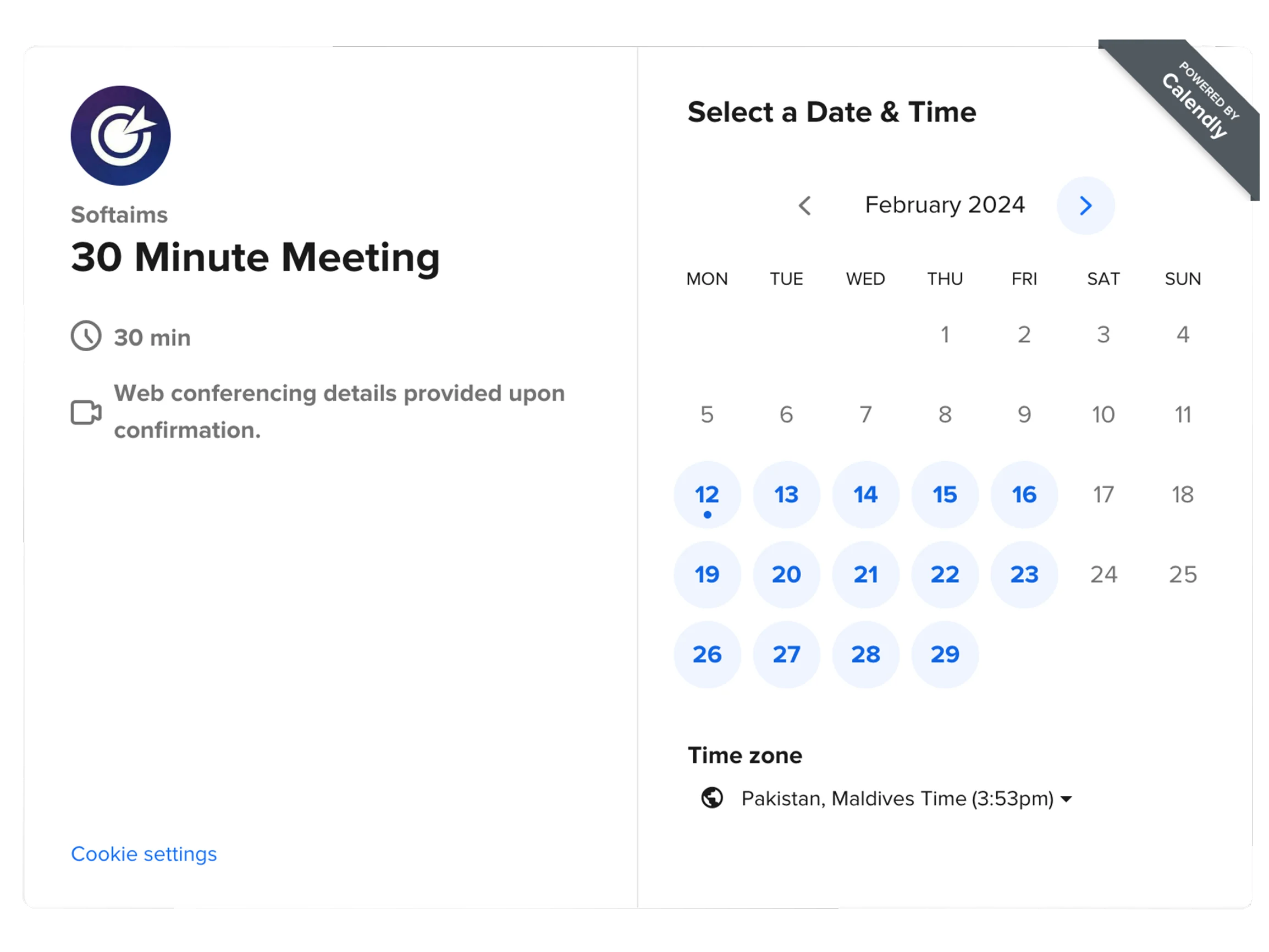The Power of Minimalism with Express.js
An Express.js developer is a specialized Node.js professional who excels at building fast, scalable, and robust web applications and APIs. They leverage the power of this minimal and flexible Node.js framework to create server-side logic without the bloat of more opinionated alternatives, enabling rapid development and a high degree of control.

Hiring for this role means finding a developer who values performance and understands how to build a backend from a lean foundation. Their expertise is crucial for creating everything from complex RESTful APIs for single-page applications to traditional server-rendered websites.
Core Node.js Foundation
Since Express is fundamentally a layer on top of Node.js, a candidate's skills are only as strong as their underlying Node.js knowledge. A proficient developer must have a deep, practical understanding of Node's asynchronous, event-driven architecture, including the event loop, Promises, and the async/await syntax.
They should be comfortable with core Node.js modules like fs for file system access and http for server creation, as Express builds upon these capabilities. This foundation is critical for debugging performance issues and writing efficient, non-blocking code that leverages the full power of the Node.js runtime.
Expertise in Express Routing
Routing is the mechanism that determines how an application responds to a client request for a specific endpoint. An Express developer must have complete mastery of its routing system. This includes defining routes for different HTTP methods like app.get() and app.post(), handling dynamic route parameters (e.g., /users/:userId), and processing query strings.
For building maintainable applications, they must also be skilled at using the express.Router to create modular and mountable route handlers. This allows them to break down the application's routing logic into separate, manageable files, which is essential for code organization and scalability as the project grows.
Mastery of Middleware
Middleware is the heart and soul of Express. A top-tier candidate will see middleware as the fundamental building block of their application. They must be able to write and use middleware functions to execute code, make changes to the request and response objects, and end the request-response cycle.
This includes experience with common third-party middleware for tasks like parsing JSON bodies (express.json()), handling form data, authenticating requests with Passport.js, and logging. The ability to write clean, reusable custom middleware for application-specific concerns is a clear sign of an advanced developer.
RESTful API Design Principles
One of the primary use cases for Express is building RESTful APIs. A developer must have a strong grasp of REST principles to create APIs that are logical, predictable, and easy for client applications to consume. This involves using HTTP verbs correctly and structuring API endpoints around resources.
They should be skilled at sending appropriate HTTP status codes (e.g., 200 OK, 201 Created, 404 Not Found) and formatting responses in a consistent JSON structure. Experience with API documentation tools like Swagger or Postman is also highly valuable for team collaboration.
Database Integration and ORMs ODMs
An Express application almost always needs to communicate with a database. A candidate must have experience integrating their application with both SQL databases like PostgreSQL and NoSQL databases like MongoDB. This involves using the appropriate drivers and libraries to manage connections efficiently.
Proficiency with an ORM (Object-Relational Mapper) like Sequelize or an ODM (Object-Document Mapper) like Mongoose is critical for productivity and maintainability. These tools abstract away raw database queries, allowing developers to work with data as JavaScript objects and helping to prevent common security vulnerabilities like SQL injection.
Robust Error Handling
Proper error handling is crucial for building a resilient and user-friendly application. A skilled Express developer will not let their server crash due to an unhandled exception. They must be adept at implementing a centralized error-handling strategy using custom error-handling middleware.
This involves catching both synchronous and asynchronous errors that occur during the request-response cycle, logging them for debugging purposes, and sending a clear, helpful error message back to the client. This structured approach ensures the application remains stable and is easier to debug in production.
Testing Express Applications
A professional developer is committed to writing well-tested code. An Express developer should be proficient in writing automated tests to ensure their API endpoints and middleware function correctly. This includes unit tests for individual business logic and integration tests for API routes.
They must have hands-on experience with testing frameworks like Jest or Mocha and libraries like Supertest for making HTTP requests to their application in a testing environment. The ability to write comprehensive tests, such as request(app).get('/users').expect(200), is essential for maintaining a high-quality codebase.
Security Best Practices
Security is a paramount concern for any server-side application. A developer working with Express must be knowledgeable about common web vulnerabilities and how to mitigate them. A key skill is experience with the Helmet middleware to secure the application by setting various important HTTP headers.
Beyond this, they should practice defensive coding by validating and sanitizing all user input to prevent attacks like Cross-Site Scripting (XSS) and command injection. Implementing rate limiting to prevent brute-force attacks and managing sensitive information in environment variables are also non-negotiable security practices.
Template Engine Integration
While often used for APIs, Express is also fully capable of serving traditional, server-rendered websites. A well-rounded developer should have experience integrating a template engine to generate HTML dynamically on the server. Common choices in the Express ecosystem include Pug, EJS, and Handlebars.
They should be able to pass data from a route handler to a view, use template logic like loops and conditionals to render that data, and structure their application using reusable partials or includes. This skill is valuable for projects that require server-side rendering for SEO or simplicity.
How Much Does It Cost to Hire an Express.js Developer
The cost of hiring an Express.js developer is generally aligned with that of a Node.js developer, as Express is the de facto standard framework for the Node.js ecosystem. Key factors influencing cost include the developer's geographic location, their years of experience, and the complexity of the required skills, such as database management and DevOps.
Tech hubs in North America and Western Europe command the highest salaries, while talented developers in Eastern Europe, Latin America, and Asia can often be hired at a more competitive rate. The following table provides estimated average annual salaries for a mid-level developer with strong Express.js skills.
| Country |
Average Annual Salary (USD) |
| United States |
$122,000 |
| United Kingdom |
$82,000 |
| Germany |
$79,000 |
| Canada |
$92,000 |
| Australia |
$90,000 |
| Poland |
$55,000 |
| Ukraine |
$51,000 |
| India |
$36,000 |
| Brazil |
$47,000 |
| Argentina |
$43,000 |
When to Hire Dedicated Express.js Developers Versus Freelance Express.js Developers
Hiring a dedicated, full-time Express.js developer is the ideal path for building the core backend of a long-term product. This model ensures you have a developer who is deeply invested in your system's architecture, business logic, and future scalability. A dedicated team member can take ownership of the API and evolve it as the product's needs grow over time.
Hiring a freelance Express.js developer is more strategic for short-term, well-defined projects. This is perfect for building a quick proof-of-concept, developing a single microservice, or getting an API for an MVP off the ground rapidly. Freelancers offer the flexibility and speed needed to accomplish a specific task without the long-term commitment of a full-time employee.
Why Do Companies Hire Express.js Developers
Companies hire Express.js developers for their ability to build high-performance backends with exceptional speed and flexibility. Because Express is so minimal, it doesn't impose a rigid structure, allowing developers to make their own architectural choices and build exactly what they need without unnecessary features. This makes it perfect for creating lightweight, fast, and highly customized APIs and microservices.
Furthermore, because Express is a Node.js framework, it enables companies to build their entire stack with JavaScript. This unifies the development process, allowing for code sharing between the front-end and back-end and creating a more flexible and efficient engineering team. The massive npm ecosystem provides a wealth of middleware and tools that further accelerate development and solve common problems.
In conclusion, hiring a top-tier Express.js developer means finding a candidate who combines a strong Node.js foundation with a deep appreciation for the power of middleware and clean API design. The ideal professional is not only proficient in routing, database integration, and testing but also maintains a constant focus on security and maintainability. By seeking developers who have mastered the art of building scalable applications from this minimal foundation, companies can create powerful, efficient, and flexible backend systems that are built to last.



































